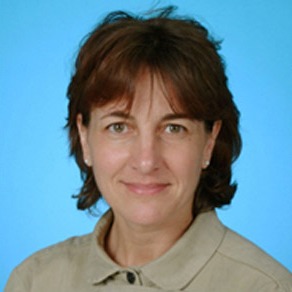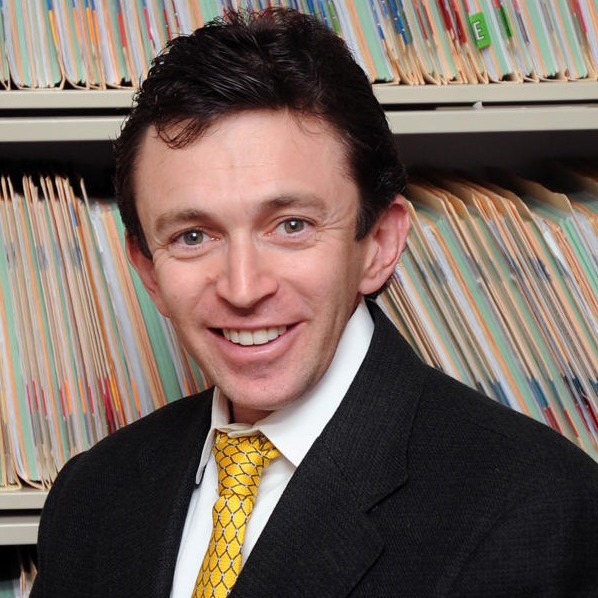Guttural Pouch Mycosis - Update on Conservative & Surgical Therapies
Species
Equine
Contact Hours
3 Hours
Early Booking Deadline
Thu, 01 January, 1970
Registration Deadline
Thu, 01 January, 1970
Language
English
Discipline
Diagnostic Imaging
Emergency & Critical Care
Internal Medicine – Endocrinology, Haematology, Infectious Diseases, Parasitology & Oncology
Surgery
Toxicology & Pharmacology
Industry Partners
Global

Veterinary Partners
Global


Recorded on: 10th May 2022
Panelists:
Joanne Hardy DVM, PhD, DACVS, DACVECC — Texas A&M University, USA
Olivier Lepage DMV, IPSAV, MSc, DES, PD, HDR, DECVS — VetAgro Sup, University of Lyon, France
Nathan Slovis DVM, DACVIM, CHT — Hagyard Equine Medical Institute, USA
Moderator:
Eric Parente DVM, DACVS — University of Pennsylvania, USA
CONTENT DESCRIPTION
Guttural pouch mycosis is not common, but when it happens you better recognize it and be ready. While all of us might not be equipped to treat a mycosis, early recognition and referral could be the most critical step in managing the condition successfully. How and why does guttural pouch mycosis develop? What are the different presentations? Are there any conservative treatment options or is surgery the only viable therapy? What are the pros and cons of the different available surgical techniques? The international panel of experts will let you in on all their experiences, good and bad and will share many useful tips and trick to help you maximize your success rate with these challenging cases.
Dr. Parente received his veterinary degree from Cornell University, and then completed an internship at Rood and Riddle Equine and his surgical residency at New Bolton Center, where he is currently a Professor of Surgery. He received his board certification from the American College of Veterinary Surgeons in 1994 and has served the college in many capacities including the Board of Regents from 2012-2015. He is internationally recognized as a respiratory surgeon and is well published in both texts and journals.
Dr. Joanne Hardy, a clinical associate professor of veterinary surgery at the Texas A&M Large Animal Hospital (LAH), hails from Quebec, Canada. She received her Doctor of Veterinary Medicine (DVM) degree from the University of Montreal —the only French veterinary school in North America. After veterinary school, she completed a residency at The Ohio State University.
Dr Hardy joined the faculty at Ohio State and obtained board certifications in veterinary surgery and in veterinary emergency and critical care. During this time, she was invited to Texas A&M University to speak at a conference and she really liked the environment—and the College Station area in general—and when a job opened up at Texas A&M’s College of Veterinary Medicine & Biomedical Sciences (CVM), she immediately applied for it and got the job.
As a clinician, Dr Hardy is responsible for the emergency and critical care service in the LAH, which consists of medical, surgical, and food animal faculty who deal with the daytime cases and share the after-hours emergency duty.
Dr. Nathan Slovis is the Director of the McGee Center and a Member of the Practice. He is a native of Annapolis, Maryland. He received his Bachelor of Science from Radford University, Doctor of Veterinary Medicine from Purdue University, interned at Arizona Equine Center and completed his residency in Internal Medicine at the University of California, Davis.
Dr. Slovis has published over 50 manuscripts in both national and international peer reviewed veterinary journals. He is a frequent speaker at many national and international veterinary conferences. He is the Editor of both the Atlas of Equine Endoscopy and The Atlas of Diseases/Disorders of the Foal both distributed by Elsevier. He has also authored numerous book chapters related to Equine Neonatology, Equine Neurology, Hyperbaric medicine, and infectious diseases. He implemented the current Infectious Disease and Equine Emergency Response Programs at Hagyard and holds the position of Infectious Disease Officer and Equine Emergency Response Co-Director. He is also a Certified Hyperbaric Technologist and a Member of the Veterinary Infectious Disease Society.
Born in Belgium Prof. Lapage qualified as a veterinarian at the University of Liège in 1987. He obtained a Master of Science from the University of Montreal (Canada), became Privat Dozent in 1998 from the University of Bern (Switzerland) and received habilitation to direct research from the University of Lyon (France) the following year. All these post-graduate degrees were concentrating on researches about noninvasive assessment of equine bone.
His clinical career started has a private practitioner in Belgium and France before being accepted for an Internship at the University of Montreal followed by a Residency in large animal surgery in the same institution. Dr. Lapage became Charter Member of the European College of Veterinary Surgeons (ECVS) and in 1994 Diplomate of the same College. During his twenty odd years in Academics he held positions of: Equine Surgery Clinician at the University of Montreal, Head of the equine surgery team at the University of Bern and since 2000, he is Full Professor of surgery and Director of the Equine Center at the VetAgro Sup -Veterinary Campus of Lyon (University of Lyon, France).
Veterinary Student
Online Panel Discussion
USD 35.00
Qualified Vet
Online Panel Discussion
USD 85.00
Intern/Resident (Requires proof of status)
Online Panel Discussion
USD 65.00
Vet Nurse/Vet Tech (Requires proof of status)
Online Panel Discussion
USD 65.00
If the options you are looking for are unavailable, please contact us.
No tax will be added unless you are a UK taxpayer
Choose currency at checkout


















